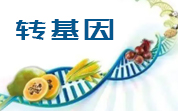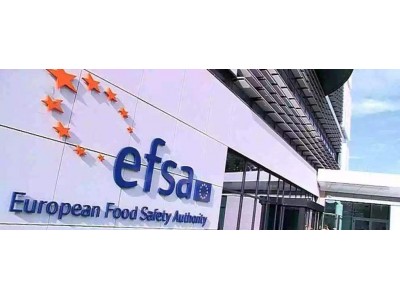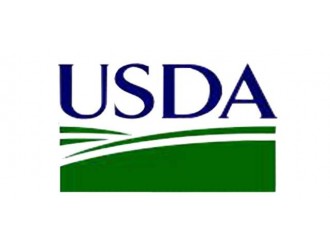гҖҖгҖҖжҚ®дәҶи§ЈпјҢиҝҷз§ҚйЈҹе“Ғй…¶жҳҜз”ұиҘҝзҸӯзүҷеҠ йӮЈеҲ©зҫӨеІӣеҚ«з”ҹйғЁд»ЈиЎЁзҡ„дёҚеҗҢеҲ¶йҖ е•Ҷд»ҺеҲәиҸңи“ҹзҡ„йӣҢи•ҠдёӯжҸҗеҸ–зҡ„пјҢж—ЁеңЁз”ЁдәҺеҘ¶й…Әз”ҹдә§дёӯзҡ„зүӣеҘ¶еҠ е·ҘгҖҒь/div>
гҖҖгҖҖж №жҚ®жүҖжҸҗдҫӣзҡ„ж•°жҚ®пјҢиҜ„дј°е°Ҹз»„еҫ—еҮәз»“и®әпјҢиҜҘйЈҹе“Ғй…¶еңЁйў„жңҹзҡ„дҪҝз”ЁжқЎд»¶дёӢдёҚдјҡеј•иө·е®үе…Ёй—®йўҳгҖӮйғЁеҲҶеҺҹж–ҮжҠҘйҒ“еҰӮдёӢпјҡ
гҖҖгҖҖThe food enzyme phytepsin (EC 3.4.23.40) is extracted from the pistils of the cardoon (Cynara cardunculus L.) by different manufacturers represented by the DirecciЁ®n General de Salud PЁІblica, Gobierno de Canarias, Espa?a. It is intended to be used in milk processing for cheese production. As no co
ncerns arose from the source of the food enzyme, from its manufacture, and ba
sed on a history of safe use and consumption, the Panel co
nsidered that toxicological data and the estimation of dietary exposure were not required. A search for the similarity of the amino acid sequences of the food enzyme to known allergens was made and no matches were found. The Panel co
nsidered that allergic reactions to this phytepsin cannot be excluded in individuals allergic to cardoon. However, the likelihood of allergic reactions to the phytepsin from C. cardunculus L. is expected not to exceed the likelihood of allergic reactions to cardoon. As the pre
valence of allergic reactions to cardoon is low, also the likelihood of such reactions to occur to the food enzyme is low. ba
sed on the data provided, the Panel co
ncluded that this food enzyme does not give rise to safety co
ncerns under the intended co
nditions of use.
гҖҖгҖҖ
жң¬ж–Үз”ұйЈҹе“ҒдјҷдјҙзҪ‘йЈҹе“Ғиө„и®Ҝдёӯеҝғзј–иҫ‘пјҢжңүд»»дҪ•з–‘й—®пјҢиҜ·иҒ”зі»news@www.sqrdapp.comгҖҒь/span>
зӣёе…іж”ҝзӯ–и§ЈиҜ»











 ең°еҢәпјҷь/font>
ең°еҢәпјҷь/font>

 欧зӣҹиҜ„дј°иҪ¬еҹәеӣ зҺүзұіMO
欧зӣҹиҜ„дј°иҪ¬еҹәеӣ зҺүзұіMO
 欧зӣҹиҜ„дј°дёҖз§ҚйәҰиҠҪзі–ж·Җ
欧зӣҹиҜ„дј°дёҖз§ҚйәҰиҠҪзі–ж·Җ зҫҺеӣҪжӢҹж’Өй”ҖиӢҘе№ІиӮүзұ»еҸүь/a>
зҫҺеӣҪжӢҹж’Өй”ҖиӢҘе№ІиӮүзұ»еҸүь/a> йІҒе…¬зҪ‘е®үеӨ 37060202000128еҸ¶ь/a>
йІҒе…¬зҪ‘е®үеӨ 37060202000128еҸ¶ь/a>



